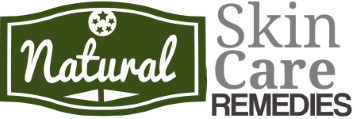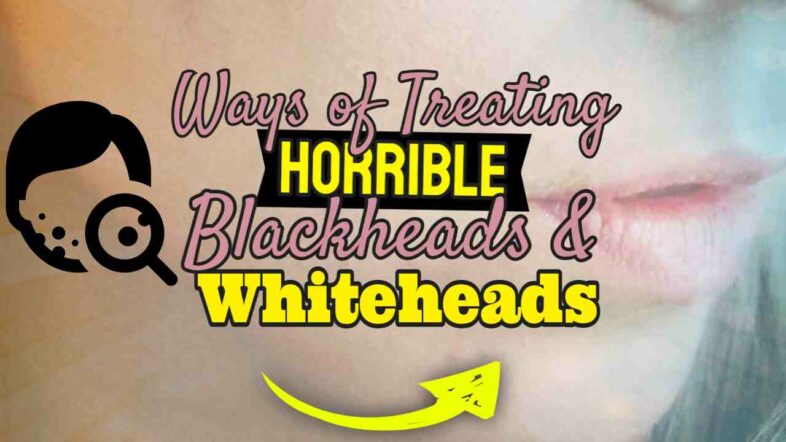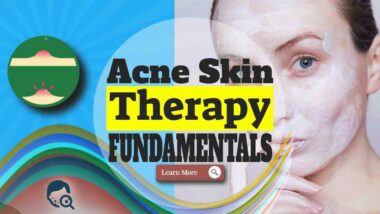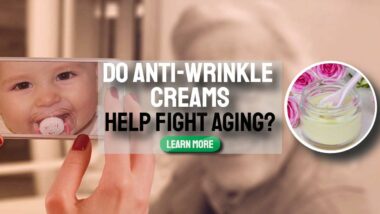Acne Treatments vary, you need to know about them if you suffer these skin blemishes. Read this article about the ways of treating acne, specifically those horrible blackheads and whiteheads you hate so much!
Acne is found just about anywhere on a human body. It most often appears on the face, back, chest, shoulders, and neck.
If you do have acne, you will typically notice either white or black pimples. These are what are called “blackheads” and “whiteheads”.
Blackheads and whiteheads are also called comedones, which are caused by the accumulation of oil on the skin's surface.
When the oil production in the skin increases, it blocks the pores, which causes a blockage of the follicle duct, thus causing acne. This is when acne lesions form.
Acne Causes
Acne is an extremely common skin disorder that causes pimples mainly on the face, neck, shoulders and even upper back. Acne normally affects adolescents but can happen at any age if not treated correctly. It is the most common dermatological skin disease and is characterized by the occurrence of pimples and spots on the skin. This can be quite disturbing, especially to teenagers.
Acne is actually a combination of bacteria, dead skin cells and sebum. Acne will appear on the top layer of the skin when oil (sebaceous) glands are stimulated. Acne may appear as whiteheads, blackheads or pustules. Blackheads are generally less severe than pustules but both are unsightly and embarrassing.
There is no definite reason why acne occurs. In fact, there are a lot of factors that cause acne, for example, hormonal changes, excess weight, cosmetics, medications, and family history. Hormonal changes during puberty stimulate the sebaceous glands to produce more oil. Pimples are more prone to occur at this time due to the increase in hormone levels. Pimples can appear on any part of the body, except the palms of the hands.
Acne Treatments
Your skin produces different kinds of oil, so it is easy to get different types of acne. If you have blackheads or whiteheads, chances are you have acne vulgaris. This is the most common type of acne. Acne vulgaris can appear on anyone, anywhere, but is most common in teenagers and young adults.
For more severe cases of acne, such as cystic acne, oral medications and topical treatments are used.
Topical treatments include benzoyl peroxide and salicylic acid. These acne medications work by cleaning pores, preventing bacteria from forming and killing off existing acne-causing bacteria.
Oral medications such as corticosteroids work by limiting the amount of sebum produced, reducing inflammation and shrinking red and white blood cells to reduce swelling.
Both treatments can have side effects, though.
Best Acne Treatment: Spot Creams and Solutions
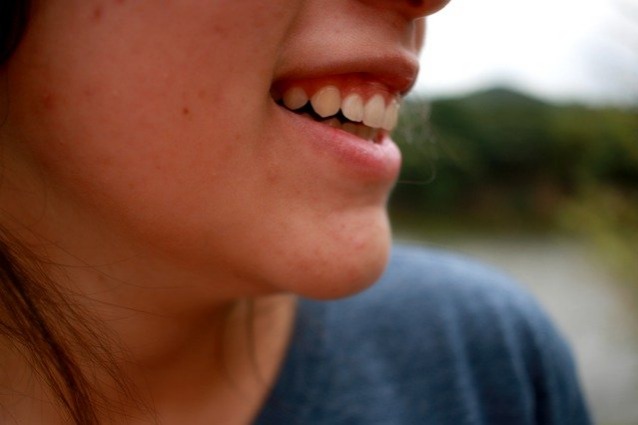
If you want to try a less aggressive treatment option, you can try using over-the-counter products, which are available at most drugstores and supermarkets.
Acne sufferers can also benefit from using a variety of acne prevention steps, such as not picking and pinching pimples and not picking at the acne scars.
Self-esteem and confidence can improve drastically, too, if you can improve your self-image and appearance by treating and eliminating acne.
In conclusion, acne can be embarrassing and difficult to live with for many people.
Acne Treatments
However, many of them are simply victims of acne who need help to treat their pimples and to improve their self-care.
The great news is that there are a lot of great self-care and acne-prevention products, both over-the-counter and home remedies, that you can try.
Many people have used a “comedone extractor” and reported positive outcomes. A “comedome extractor” is a little pen-shaped tool for removing blackheads and “whiteheads” from the skin.
Chemical peels, in which a chemical solution is administered to the face, causing the skin to peel off and new skin to grow in its place, are also popular.
Photodynamic therapy is another treatment that involves the application of light to the skin in an attempt to alleviate acne symptoms.
Top Tips for Clearing up Acne Spots
With a little bit of effort, you should be able to improve your self-esteem and confidence without spending a fortune.
Some of the best self-care and treatment options include the use of over-the-counter medications (OTC), such as benzoyl peroxide, salicylic acid, and sulfur.
These products work by unclogging clogged pores and preventing the growth of new pimples and whiteheads.
You can also treat your pimples and breakouts by washing your face several times each day with a mild yet effective soap or cleanser.
However, for more stubborn pimples or larger, inflamed whiteheads, it's best to seek the advice of a dermatologist or skin care expert.
There are some instances where it may be necessary to seek professional medical assistance for your pimples and breakouts.
For instance, if your breakouts are severely affecting your schoolwork or social life, then it may be necessary to see a doctor.
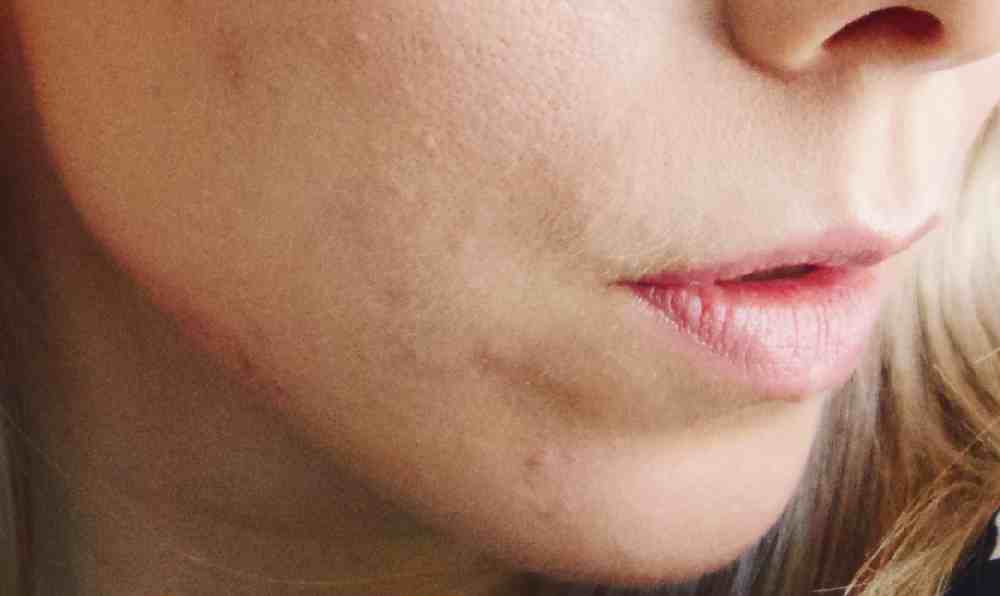
Acne Treatments – Things to try when acne won’t clear
One of the most common medical causes of pimples and breakouts is chronic inflammation.
If your acne is worsened by an existing health condition, such as diabetes, then it's important to bring that issue to the attention of your doctor.
For instance, acne that is caused by poor hygiene can be much more serious than a simple break out if you have a medical condition that is causing inflammation in your body.
If you have severe acne, then you may also want to consider taking oral antibiotics. Oral antibiotics work by reducing the population of harmful bacteria, which can result in clearer, cleaner skin.
However, taking too many oral antibiotics can leave you susceptible to infections from the antibiotic, as well as severe side effects.
For this reason, it's important to talk to your doctor, or better still, a dermatologist, about your options for getting rid of severe acne.
Consulting a Dermatologist – Hormonal Acne Treatment
If you have acne, you should see a dermatologist, to have your hormones checked.
The doctor or dermatologist will usually take a saliva sample for lab testing to determine hormonal levels in your body.
For example, if you have high levels of androgen hormones, which cause the sebaceous glands to produce more oil, you may want to reduce your androgen hormones by taking a supplement, such as a supplement containing DMAE.
Decreasing exposure to the sun is also recommended, especially for women who are in their menopausal years. However, some women experience acne regardless of the hormonal status of their body.
If you have moderate acne and your levels of androgen hormones are not affected, a dermatologist may prescribe oral contraceptives.
Oral contraceptives prevent the body from producing excess testosterone, a factor that contributes to acne. However, it may be harmful to women with severe acne because it decreases breastmilk production and can cause irregular periods.
Finally, in order to get rid of severe acne, a dermatologist might recommend laser surgery.
Laser surgery eliminates acne by removing oil glands and hair follicles through the use of an intense beam of light. It removes the top layer of skin but does not treat the underlying problems.
However, it is effective in reducing the number of pimples that form. The results, however, usually take up to six months to reach their maximum effect.
